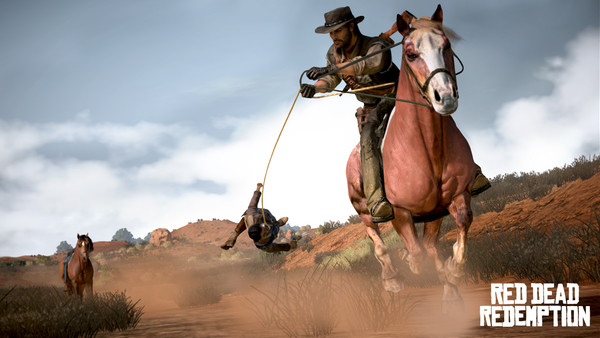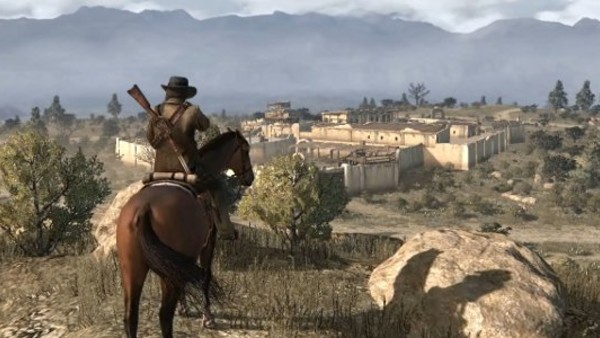Red Dead Redemption Shouldn't Have Worked
Nailing Down The Fundamentals

In the lead-up to its release, the western genre's output was few and far between; the only major product at the time was Call of Juarez: Bound in Blood in 2009. A worthwhile first-person-shooter in its own right, but its story was met with some criticism and its quasi-open-world sections were labelled unfinished. It would take Red Dead Redemption to make the video-game-western a force to be reckoned with, one able to stand alongside the titans of gaming.
Initially, Rockstar wanted to nail down the story and setting; with so many productions having given their take already, the team needed a tale that would stand out from the genre's many renditions. Luckily with previous experience, the developers had already established a strong base. Grand Theft Auto 4's heavy criticism of the American Dream and man's pursuit of money and power had gone a long way in maturing their overall style.
Lead writer Dan Houser decided Red Dead Redemption would be centred around the death of the Wild West and the onward march of modern civilization. Now they had to take down the feel of the setting. To do this, a series of field trips to Washington and the Library of Congress ensued. The team watched a large collection of archival footage, photographs and culturally significant creations to get a feel for what the West was like at the time.

It was a long, potentially tedious run, collecting as much inspiration as possible in a bid to maintain absolute authenticity. Once these works had been sufficiently absorbed, San Diego got down to designing the game world, which incorporated both the southern United States and parts of Mexico. The sheer size of this landscape quickly grew and the first major roadblock revealed itself. How would the developer create enough content for the player to experience while exploring it?
The environment was wide-reaching as opposed to the narrow, closely knit Liberty City and so that franchise's formula could not be used. Instead, the devs thought outside the box and came up with random encounters. These were typically reserved for role-playing games like Final Fantasy and were rarely woven in organically. The events we see in the final product - strangers in need of help, wildlife and rival gangs - are all components of this new direction.
[Article continues on next page...]